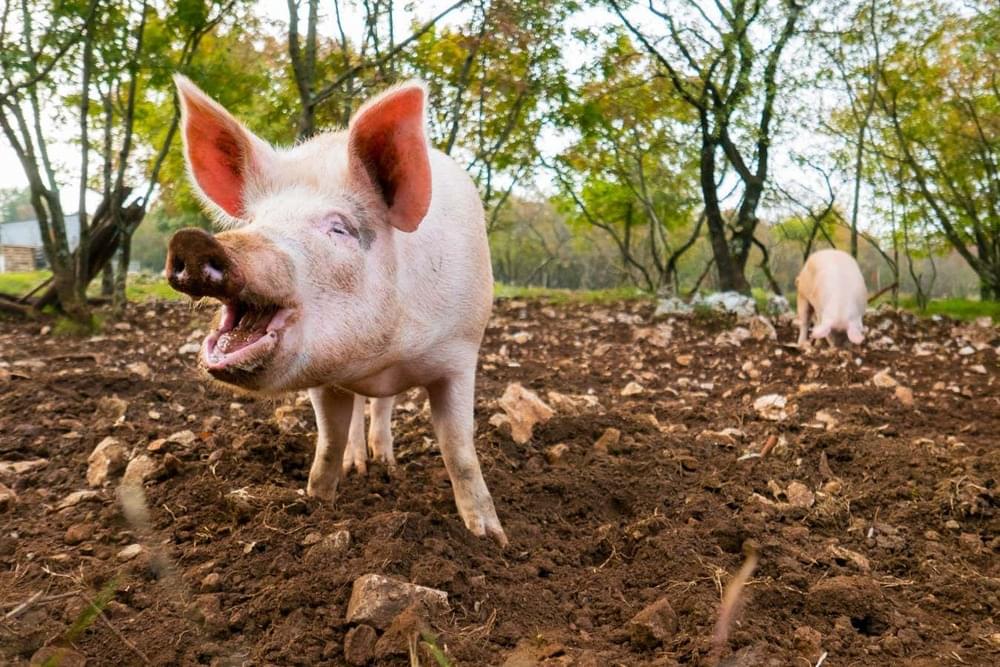Emmanuel Ramos is Chief Solutions Officer at OZ Digital Consulting.
As the landscape of technology continues to evolve, it is crucial for leaders in the industry to recognize that everyone plays a role in sales. The ability to sell ideas, products and services effectively has become an essential skill for success.
By delving into three key areas, this article will help you hone your selling skills and maximize their potential. First, we’ll discuss understanding the basics of sales and how they apply even when you’re not directly involved in a traditional sales role. We will then investigate how creating your own individualized sales abilities can bring about more beneficial results for both you and your organization.








